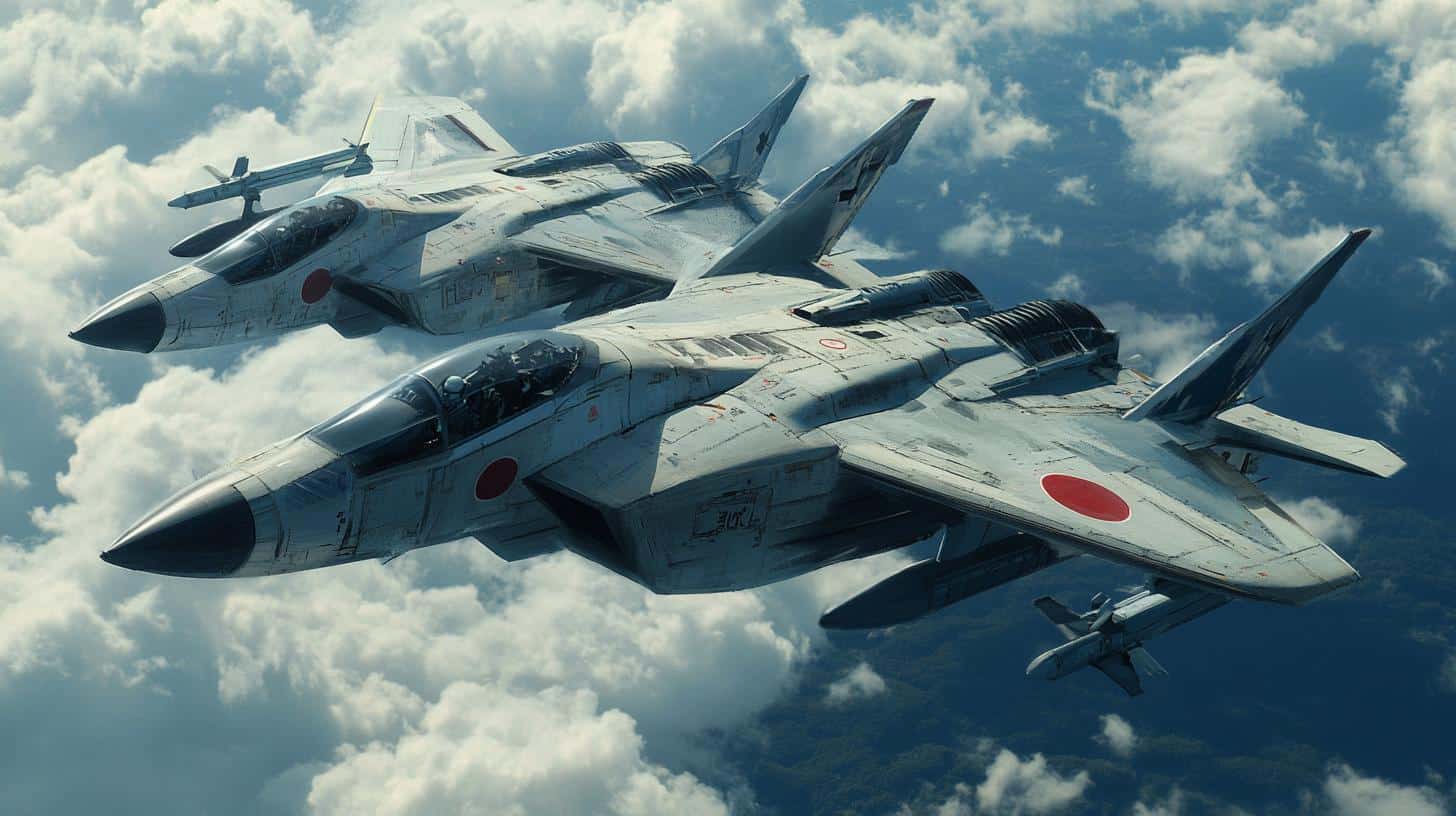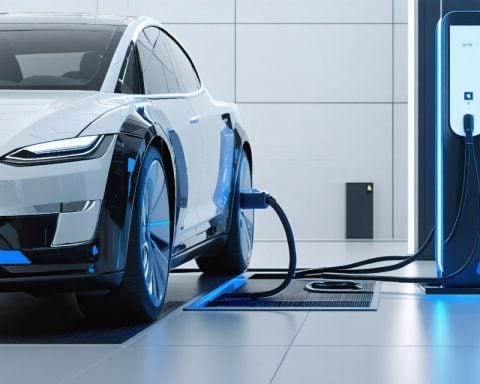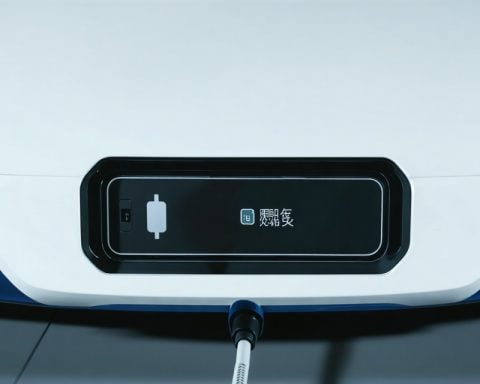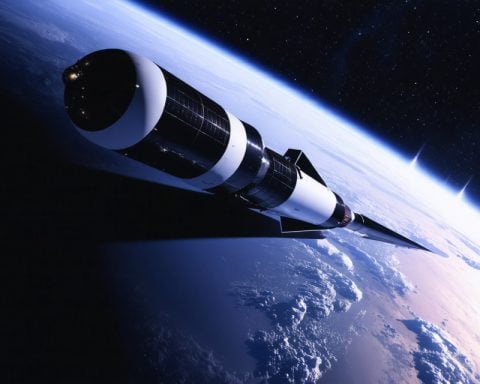In a groundbreaking leap towards modern aerial warfare, Mitsubishi Heavy Industries (MHI), a major player in Japan’s defense landscape, has introduced visionary designs for autonomous combat aircraft. These innovative developments were showcased during the International Aerospace Exhibition 2024 in Tokyo, hinting at a transformative phase in military aviation within the Global Combat Air Program (GCAP), which also involves Italy and the UK.
Revolutionary Combat Innovations
As part of a collaborative initiative among MHI, BAE Systems, and Leonardo, the team is crafting a sophisticated combat ecosystem. Central to this project is a next-generation fighter jet, enhanced by uncrewed adjuncts like drones, leveraging cutting-edge AI for superior situational awareness and combat capabilities.
At the expo, MHI revealed two models: an expendable intelligence, surveillance, and reconnaissance (ISR) version, and a tactical combat variant. The full-size mock-up of the ‘ARMDC-20X’ drew significant attention, epitomizing MHI’s advancements in ISR functions.
Redefining Air Superiority
MHI’s video presented a dramatic scenario—an unmanned aircraft swiftly identifying a stealth adversary reminiscent of China’s J-20, highlighting the potential of such autonomous systems. These designs underscore Japan’s strategic response to increasing regional security challenges, showcasing the immense role of unmanned systems in future global combat frameworks.
Anticipated to be operational alongside the first GCAP aircraft by 2035, these autonomous allies are set to redefine air power dynamics, offering a robust counterbalance through adaptable AI-driven technology. As preparations for a test demonstration flight take shape, MHI remains at the forefront of pioneering a new era of aerial warfare.
The Rise of Autonomous Combat Technology and its Global Impact
The introduction of autonomous combat aircraft by Mitsubishi Heavy Industries marks significant advancements in military technology, poised to reshape global defense strategies. While this innovation focuses on bolstering air power, its implications extend far beyond military might, affecting global security, economic dynamics, and geopolitical alliances.
Economic and Technological Ripple Effects
The development of these autonomous systems is not just a military advancement but also a catalyst for technological progress. As countries like Japan, the UK, and Italy invest in cutting-edge AI and robotics, there lies an inevitable transfer of technology that benefits civilian sectors. Innovations in AI and machine learning developed for military purposes often find applications in industries such as logistics, transportation, and even healthcare, driving economic growth and technological innovation in these countries.
Geopolitical Repercussions
Adopting such advanced combat technologies could potentially shift power dynamics, prompting other nations to accelerate their own defense projects. This scenario can lead to a modern arms race, where nations around the world strive to either catch up or surpass the capabilities seen in the Global Combat Air Program (GCAP). The balance of power, especially in regions like Asia, might undergo significant changes, influencing diplomatic relationships and defense policies worldwide.
Controversies and Ethical Concerns
The rise of autonomous weapons systems does not come without controversies. Ethical concerns about AI-driven combat decisions underscore a significant debate in international circles. Questions arise about accountability and decision-making in warfare, prompting urgent discussions on setting international norms and regulations.
For further insights on defense innovations, visit Mitsubishi Heavy Industries.







